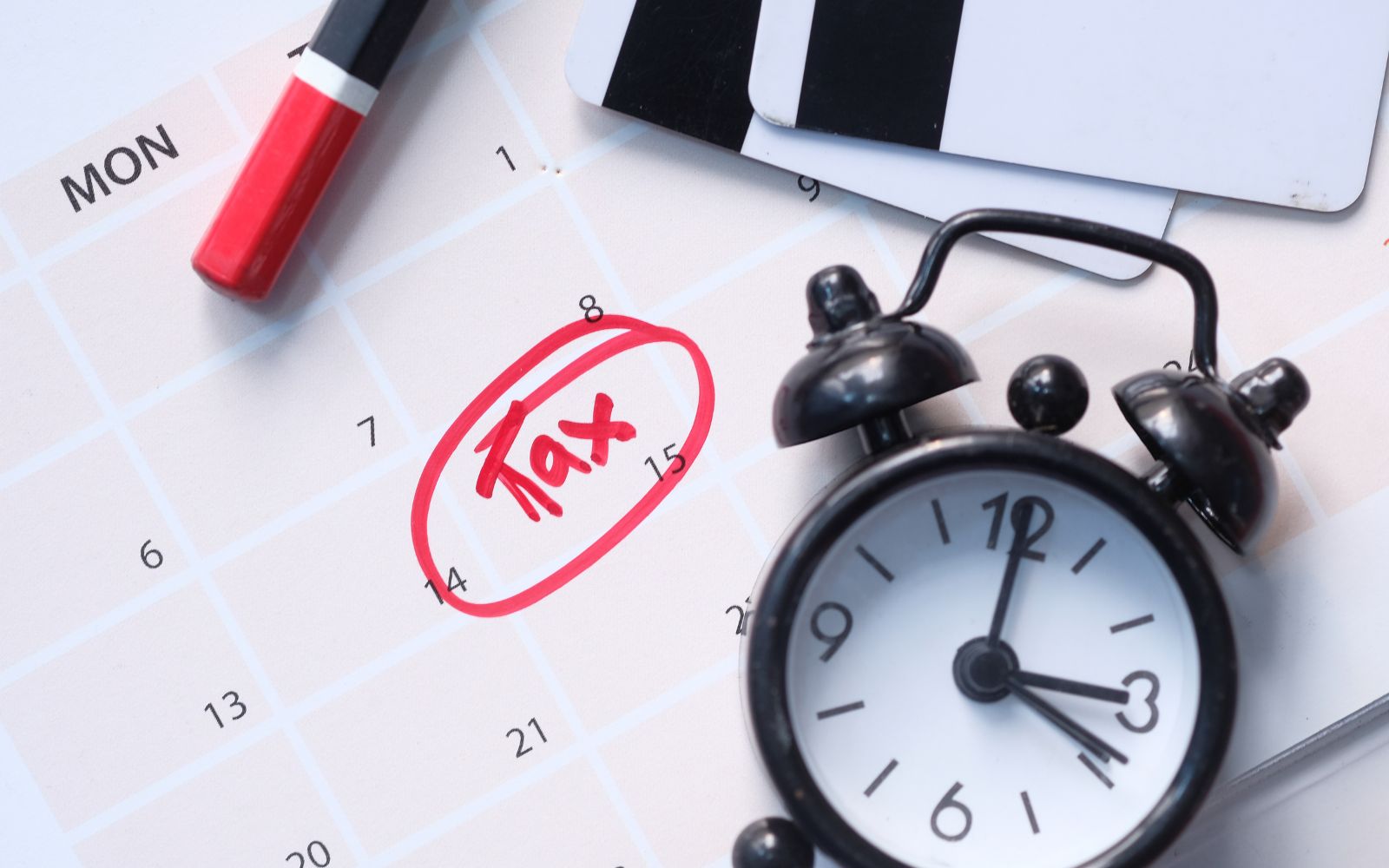Tax efficient ways of selling company

When selling a private limited company you have two possible routes: a sale of the company’s shares, and/or a sale of the company’s assets.
Under a share sale, the buyer acquires all the company’s shares, and the company continues with the buyer as the new owner. With an asset sale, the buyer will acquire all or certain assets of the company, and they may also assume certain liabilities associated with those assets. The buyer takes over ownership of the assets, leaving the company as a ‘shell’ which is then closed down after the sale.
It’s often more beneficial to sell company shares rather than take the asset sale route because the latter brings alongside the problem of extracting the sale proceeds from the company which could lead to a double tax charge.
Usually, the sale proceeds are in cash, but that need not necessarily be the case. In some cases, they may be in the form of loan notes (Qualifying Corporate Bonds) or a mixture of both.
Cash or loan notes?
Selling shares in a company has the advantage of claiming Business Asset Disposal Relief (BADR) which is a major attraction for the seller. However, there are conditions which, if not met, result in a loss of relief.
BADR is not a ‘relief’, but a special CGT rate applying to gains realised on the disposal of certain qualifying business assets. A claim to BADR charges CGT at 10% and is particularly beneficial to higher and additional rate taxpayers who otherwise would be charged 20%.
The key requirement for BADR is that the seller is required to work for the company as a director or an employee. The disposal must be ‘qualifying’ which includes a material disposal of business assets. Business assets for this purpose include all or part of a trade, qualifying share disposals by directors and employees (if relevant), or assets of the trade.
The claim is subject to an overriding lifetime allowance claimable by any individual – currently £1m. BADR must be claimed on or before the first anniversary of the 31 January following the tax year in which the disposal takes place.
Loan Notes
If the shares are sold at a gain, this is usually taxed in the year in which the sale contract is agreed but the gain can be reduced or at least deferred by paying the seller wholly or partly in fixed-interest loan notes (qualifying corporate bonds – QCB) spread over possibly several years.
These loan notes are IOUs, usually coming with restrictions on when they can be encashed. Under special rules, when shares are sold in exchange for QCBs, a capital gain is calculated as if it is chargeable when the QCB is redeemed, disposed of or ceases to qualify as a QCB.
The main disadvantage is that BADR can’t be claimed by taking these notes. However, this may be more tax effective than first option as spreading the gain can lower the overall tax burden compared with taking all the sale proceeds as cash (even if BADR can be claimed). Spreading over several years will enable the use of the annual allowance and lower tax rates may mean that the tax bill is lower overall than taking all the money in one go.
Important to note that this practice may not reduce the tax bill as much as it would before the Autumn Statement. In that statement, the Chancellor announced that the annual exempt amount is to be cut from £12,300 to £6,000 from 6 April 2023 and then halved again to £3,000 from 6 April 2024.
However, to take advantage of this tax planning, the company needs to belong to the seller when the QCBs are redeemed. The seller needs to remain with the company as a director or employee and most importantly, maintain a 5% shareholding. Further, if the seller was married, then they could transfer some of the loan notes to the spouse before redeeming them, which would further reduce the tax bill.
The information available on this page is of a general nature and is not intended to provide specific advice to any individuals or entities. We work hard to ensure this information is accurate at the time of publishing, although there is no guarantee that such information is accurate at the time you read this. We recommend individuals and companies seek professional advice on their circumstances and matters.




